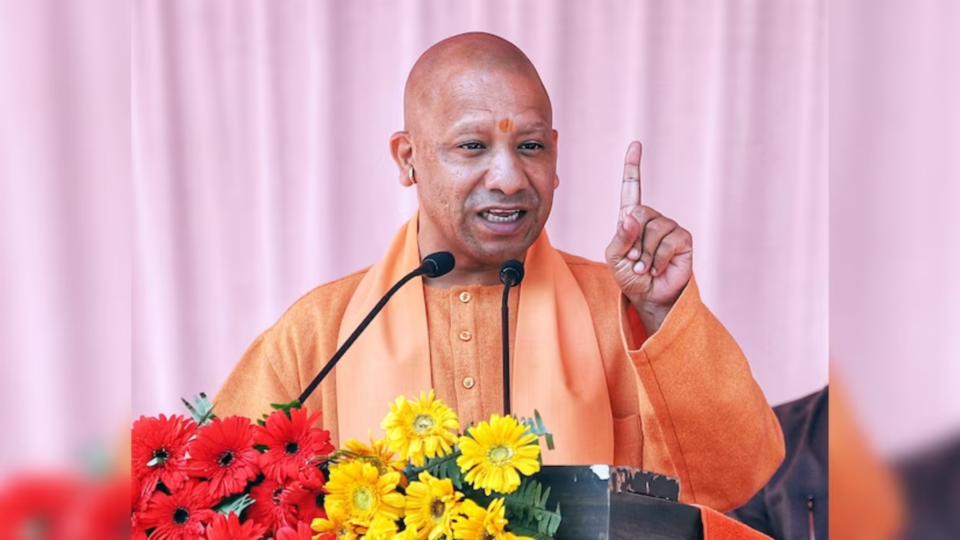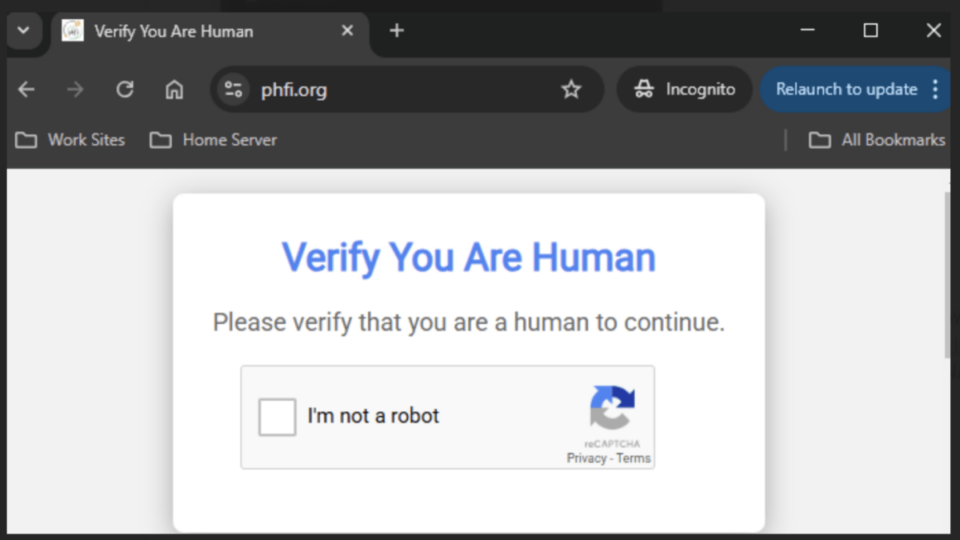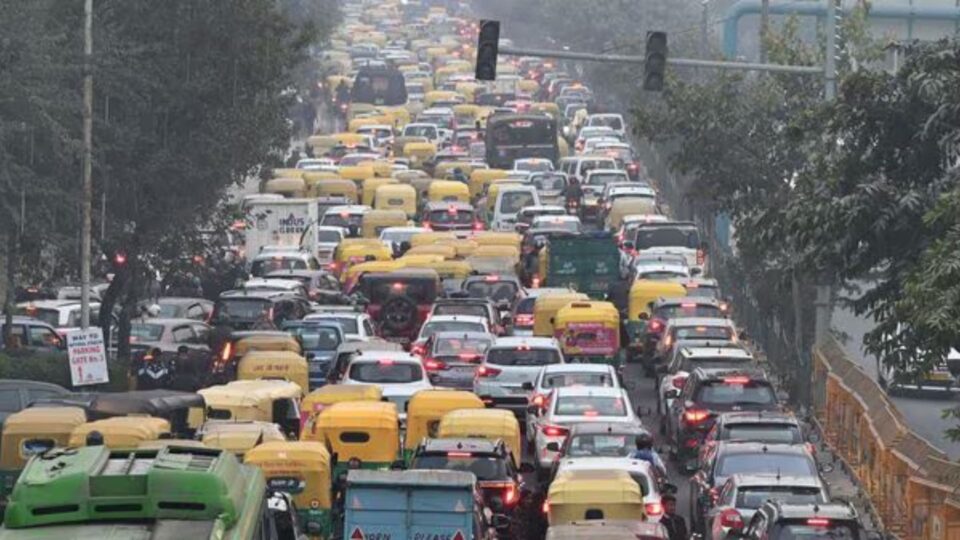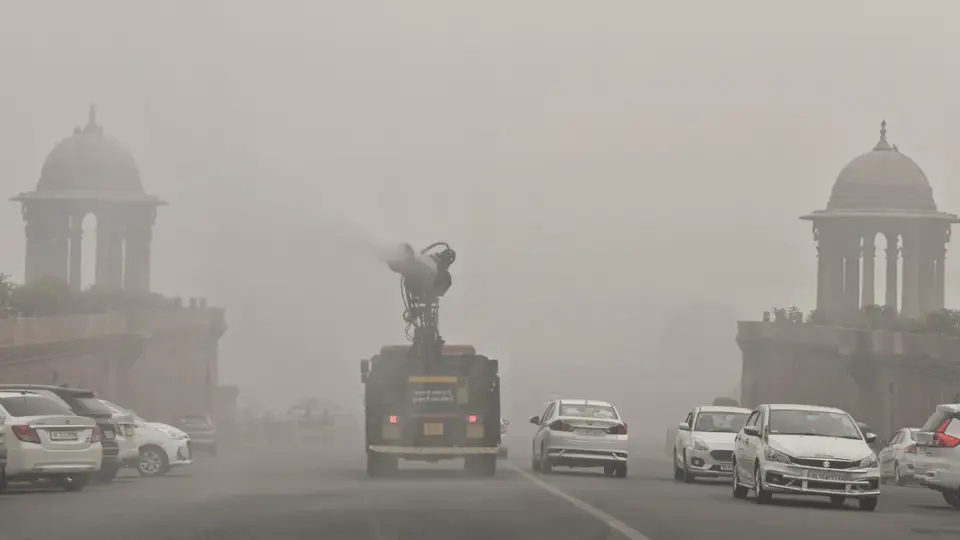
Diwali Gift for Central Govt Employees! Cabinet Approves 4% Hike in Dearness Allowance
The Government has approved an early Diwali gift for the Central Government employees, as the Cabinet approves the 4% hike in Dearness Allowance.
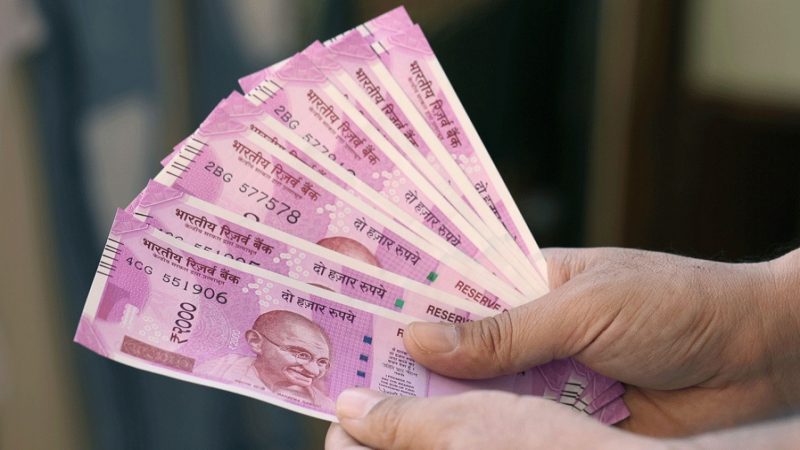
Central Government Approves Hike in Dearness Allowance
The Union Cabinet approved a 4% increase in Dearness Allowance (DA) and Dearness Relief (DR) for Central government employees and pensioners under the 7th Pay Commission, raising the DA from 42% to 46%.
In the festive spirit, a decision has been made—considered an early ‘Diwali gift’ for 48.67 lakh central government employees and 67.95 lakh pensioners. This move will cost the Government ₹12,857 crore annually, covering both Dearness Allowance and Dearness Relief.
Starting July 1, 2023, there’s an increase in dearness allowance. The rate is determined by the All India Consumer Price Index (AICPI) from January to June.
The Government provides Dearness Allowance (DA) to help public sector employees and pensioners cope with living costs. Central government pensioners also receive a similar benefit called Dearness Relief (DR).
Every six months, the Government adjusts the DA/DR rate to keep up with inflation, ensuring that monthly salaries and pension values maintain their purchasing power.
Also read:
Save Yourself from Online Fraud, Lock Your Aadhaar Card Details With These Steps
DA Calculation
It’s a percentage of the basic salary.
For Central Government employees, the Dearness Allowance percent is calculated by taking the average of AICPI (Base Year 2001=100) for the past 12 months, subtracting 115.76, dividing by 115.76, and then multiplying by 100. For public sector (central government) employees, the formula is similar but uses AICPI (Base Year 2016=100) for the past three months.
Dearness Allowance (DA) received by employees is fully taxable, and according to the Income Tax Act, it’s necessary to declare the tax liability for both DA and salary when filing returns.
